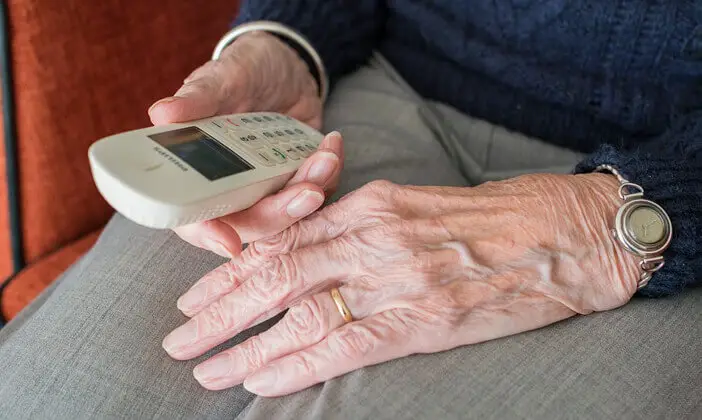Seniors are a favorite target of investment scammers. Persons perpetrating these scams use free luncheons and seminars to lure seniors in to hear pitches for legitimate sounding business opportunities and investments.
Seniors are an especially tempting demographic for scammers. They’ve usually amassed a sizeable savings for their retirement and are more likely to have valuable assets. And in today’s unusually negative economic conditions, promises of generous, but not outlandish, returns are causing more and more seniors to take the investment fraud bait.
The investment cons used to target seniors are becoming more and more complex. They include: charitable gift annuities, Ponzi schemes, promissory notes, unregistered securities, and viatical settlements.
You can protect yourself and your loved ones by:
- Not letting scare tactics force you into making an investment decision quickly, especially ones that will lock up your liquid investments and keep you from accessing them if needed.
- Taking lots of time to do your investment due diligence, research and ask a lot of questions before making any final investment decisions.
- Double checking that you’re clear on the total amount of the investment, how much the person selling it will be paid if you buy in to the investment, and if there are any fees and/or restrictions that may limit your ability to access the money you’ve invested just in case you need those funds at a later date.
- Confirming the individual selling the investment is licensed with the Securities Division.
- Verifying the investment is registered with the Securities Division or Securities and Exchange Commission
Beware the Free Lunch and Seminar
Free lunch or dinner seminars are being advertised to seniors as “educational” or full of information that will notify them about “safe, low-risk” investments. The reality is in fact that these free lunch or dinner seminars are anything but educational or altruistic. State securities regulators conducted a yearlong study across the United States on free investment seminars. They found that even thought the seminars were being marketed as instructive; they were in fact all sales pitches with little or no educational information being presented. Half of the 110 seminars studied had exaggerated or misleading claims and 13% were all out fraudulent.
Don’t be a “free lunch” victim, instead, be empowered and protected by:
- Reviewing other alternatives before making an investment
- Discussing the investment with trusted advisors or other family members.
- Not believing you owe anything to anyone for a free meal, be sure to evaluate the investment on its merits, not on whether or not you received something for free from the seller.
- Asking the presenter for detailed information on the company they represent and the investment products for sale.
- Remembering that a legitimate, beneficial investment doesn’t have to give out free meals to attract attention and investors.

